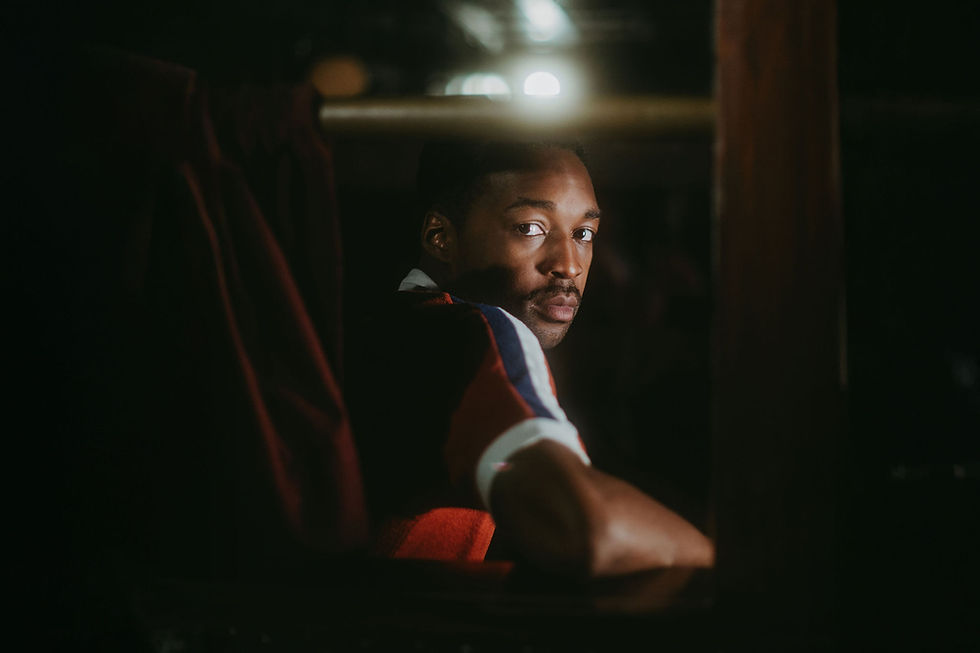JULES – FAMILIAR DRAMA: REVIEW
- Nov 10, 2023
- 2 min read

JULES
Familiar Drama (Lights Record)
IT WAS A MINDSET, not just a set of rules, and that doesn’t change quickly. If at all.
That’s what the complicated, personal and yet universal, responses we had to not just lockdowns but a way of living that was based on withdrawing, confining, isolating, tell us I reckon. And what the art that has emerged from this time keeps reminding us with each release.
It’s not that career rethinks, relationship endings or brutal self-assessments were unique to the past three years, or even that they had carried more import necessarily. After all, to use but one example, getting dumped – or doing the dumping yourself – still feels like hell, or joy. But it sure felt like those hits took a long time to fade away and we still aren’t clear on what we learnt from it all.
That’s why for those who say dismissively, familiar drama, the retort should be, pay attention, you might learn something.
Familiar Drama is an album that carries reverberations and ripples from the recent past, from its opening song’s description of “Our souls caught in wire/But we are still here” to the last lines of the record, “Everything’s on fire, fire, fire”. These interactions take place at the edge of all sorts of relationships, at the edges of cities, and at the edges of night and day. In other words, when any choice made feels decisive.
Jules, the nom-de-music of Julie Kerr, puts it this way in the title track, “And it doesn’t take too much/No it never takes too much/To wear you down”, not when you are already exposed. Not when even inaction, rejecting leaving to instead appease, has payback as she sings about in Take Me Back To The City.
Mind you, this time appeasing has reached its limits. Take Me Back To The City a buffeted-by-winds ballad in the style of Tina Arena, where city and country play as metaphors, punctuates its penitent pace with the sharp snap of an impatient snare, and is laced with a clear bitterness.
Certainly a more pronounced bitterness than we have seen in the slow ’90s R&B of Send Her Off To Paris, where the reasons for the protagonist wanting more, needing “space and time” a long way from here, is left implied in the rhythmic undergrowth.
For all that, the tone of most of the darkest songs is regretful rather than revengeful, such as in the mellow Scandinavian hum of Heartsick. And in the breezy ‘70s of Summertime Waits For You (think Seals and Croft meet Carly Simon), there is even a glow of expectation, one that makes the inferno of Everything’s On Fire feel cleansing, like the two-year-long “spring cleaning” many of us did when we looked around at our accumulated (actual and metaphorical) junk and asked ourselves do we need this in our house? In our lives?
Interestingly, the real signpost for that final message comes not in the original songs preceding it but in the understated cover of Christopher Cross’ Sailing, where Jules smoothly navigates the song’s tacking between inherent wistfulness and implied freedom as a metaphor in itself for where she has been.
SPOTIFY: Listen to Jules – Familiar Drama
APPLE MUSIC: Listen to Jules – Familiar Drama




Comments